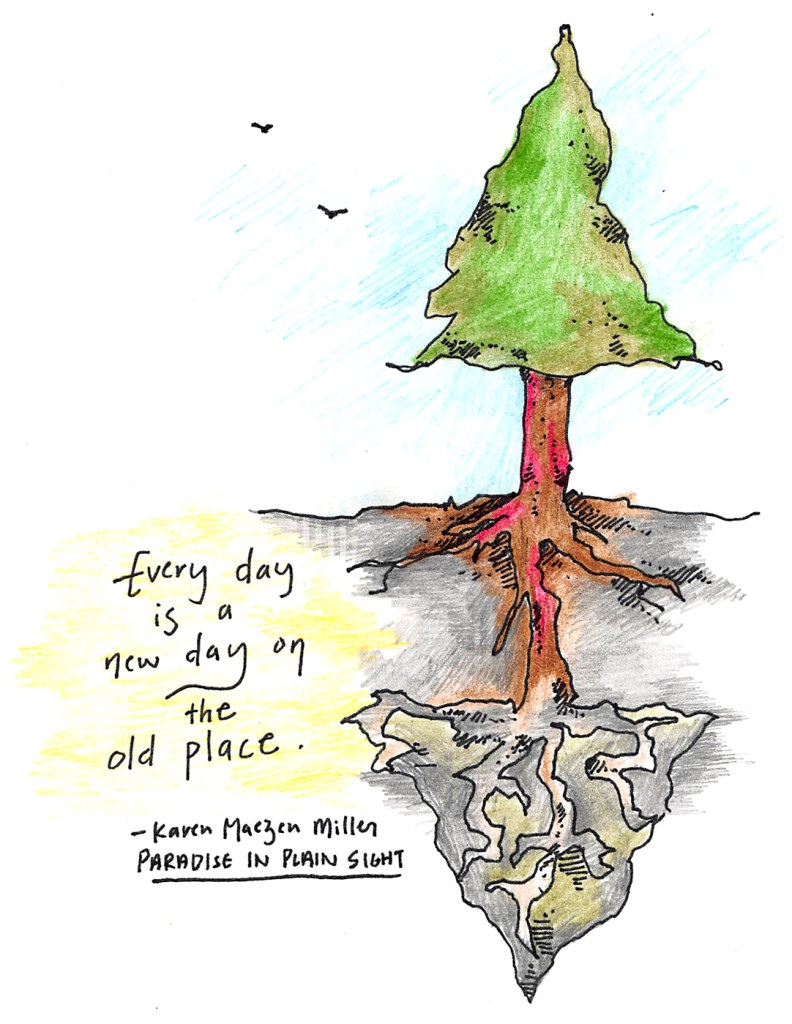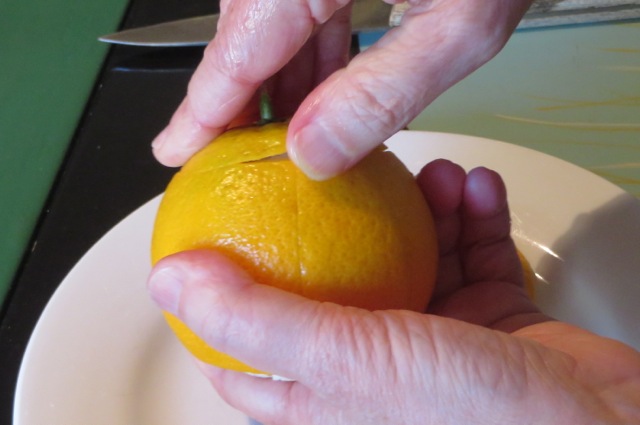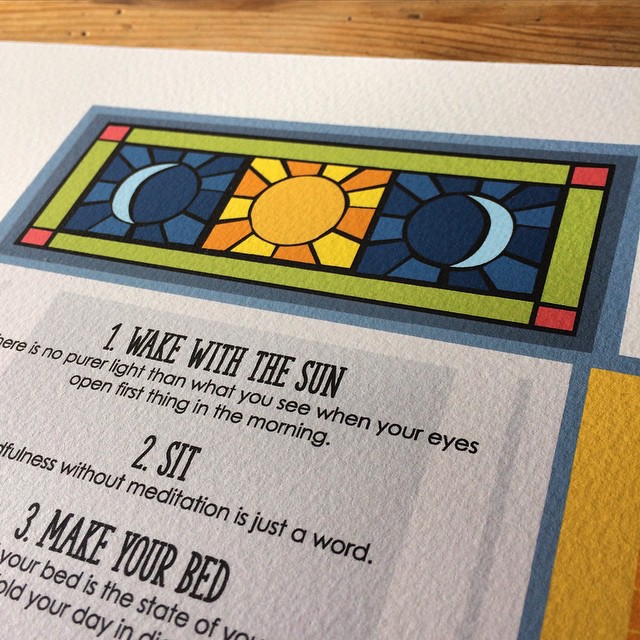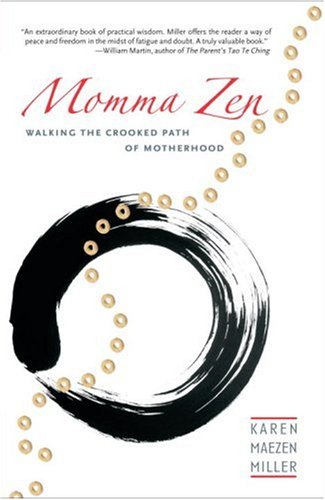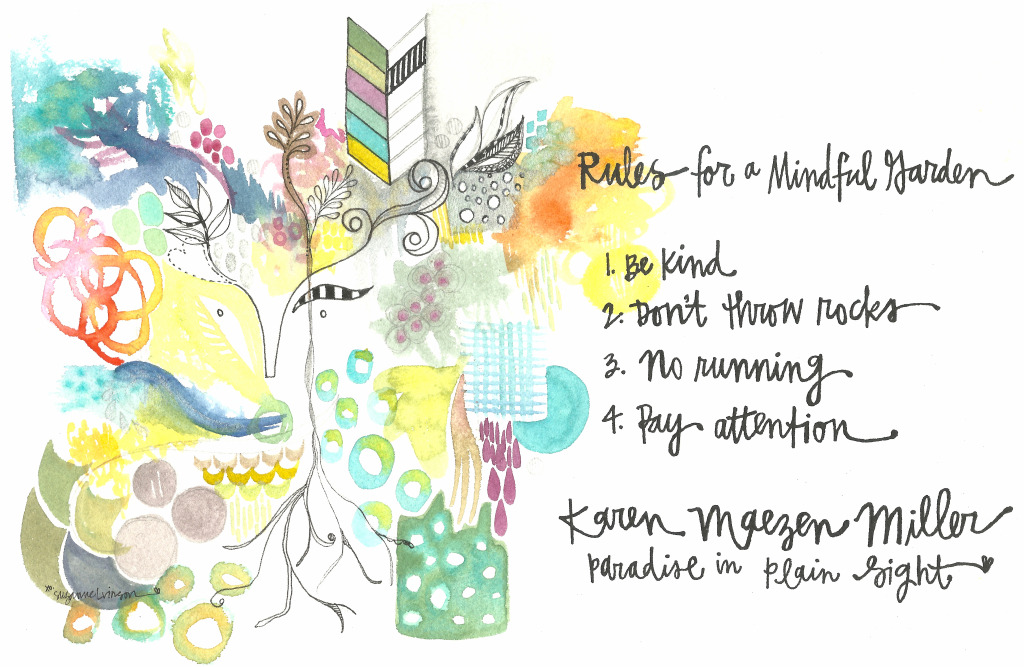Vast, empty sky, and occasionally a cloud drifts by. — Maezumi Roshi
This photo was taken yesterday morning on my front lawn, looking over the leafy tops of bamboo into the endless sky. When I shared it on Facebook, someone doubted that it was a recent photo, since storms were presently slamming the other side of LA. Sure enough, by late afternoon the sky over my house was low and gray. There was a crash of thunder and downpour sometime in the night, but by the time I remembered it had happened, it seemed like a dream.
Weather is like that. Even during a stretch when it never changes, it’s changing continuously, clouds and shadows. Life is like that, joy and sorrow. Weather makes things interesting, but most of us are not that interested in what’s interesting. We want to predict, prepare, and avoid: be sure and steady, on course, in control. Thinking we can achieve that is delusion.
There is a sad little store I drive by on my way around the city. The sign outside reads “Safe N’ Ready Emergency Supplies Disaster Preparedness.” They sell stuff for your earthquake kit, like water, batteries and generators, freeze-dried food for survivalists, everything you think you’d need to outlast the end of the world. I call it a sad store because I never see anyone inside. But then again, maybe they do most of their business online, to people who are already too afraid to leave their houses. Those who can’t see that things change in unpredictable ways, and not always for the worst.
“You are the sky. Everything else — it’s just the weather.” Pema Chodron wrote that and it’s true, you are the sky. But you are also the weather, which after all, is not separate from the sky. All those ups and downs; thunder, wind, snow and rain; light and dark; doubt and fury; change and sameness — all you, all you. Can’t very well get rid of the weather, can you?
Last week I heard from someone who had attended a recent retreat with me. It was a powerful retreat (they all are), and everyone came home changed. This person said that after retreat they had felt so positive and energetic, so happy, so good, but now they didn’t.
Me too, I said, that’s why we practice. So we can handle the weather.
In some places, last month was the coldest February ever. The snowfall is insane. There’s no end in sight. You don’t know how you can face another day, let alone another year. I hear you; I get it; I know the feeling. And so I always say the same thing.
Come to California.
Beginner’s Mind One-Day Meditation Retreat
Sunday, March 22
Hazy Moon Zen Center
Los Angeles



